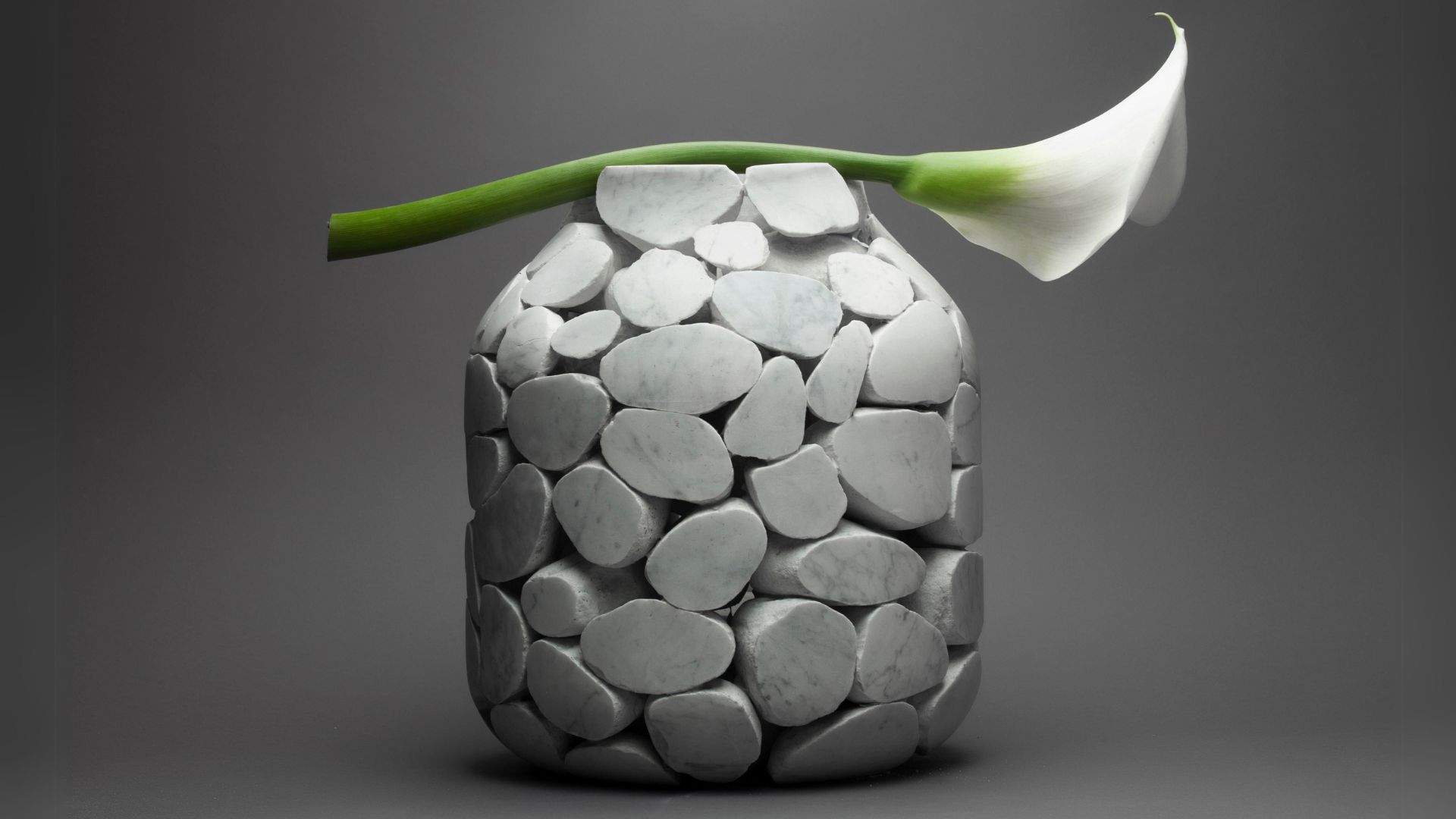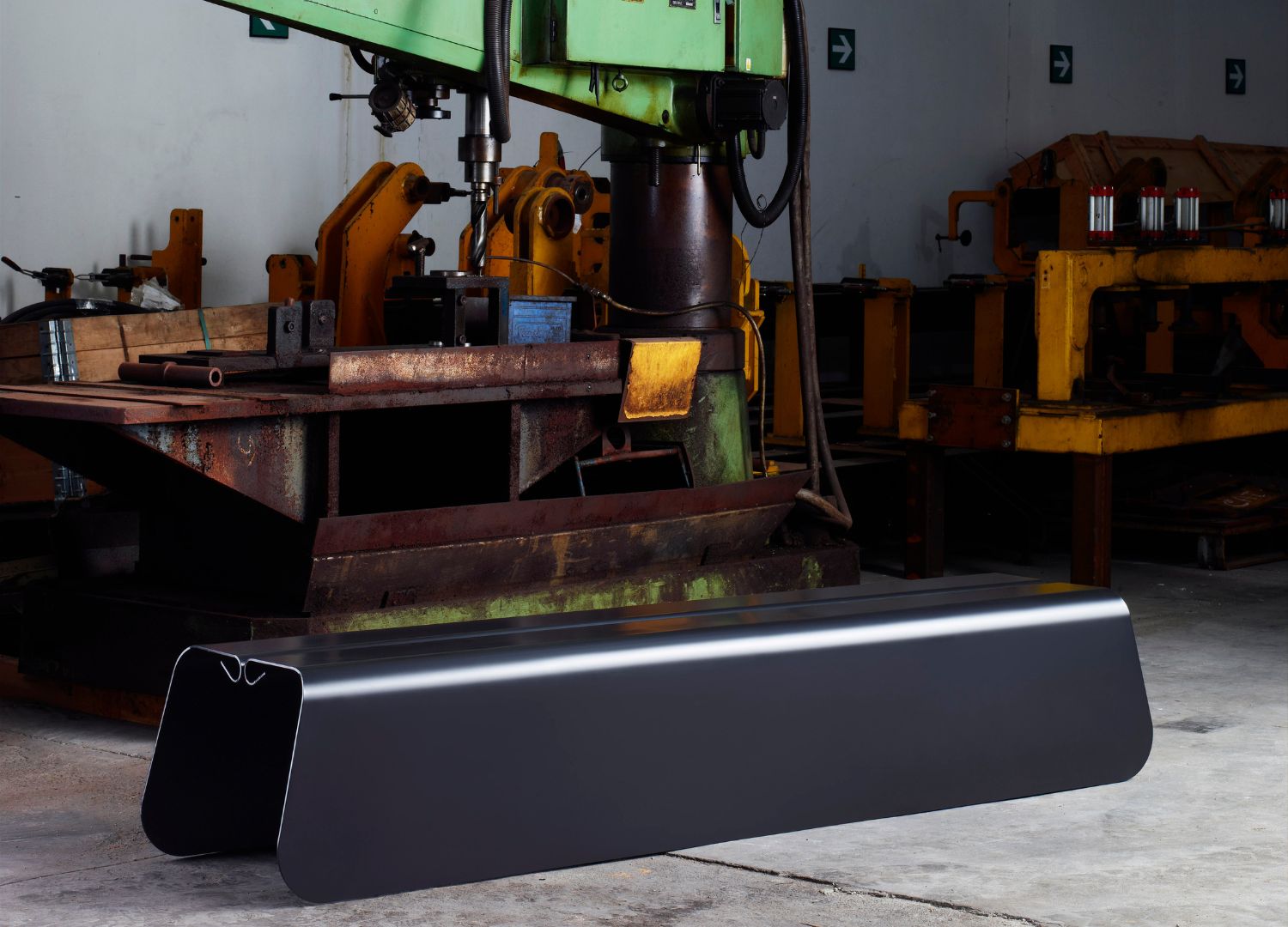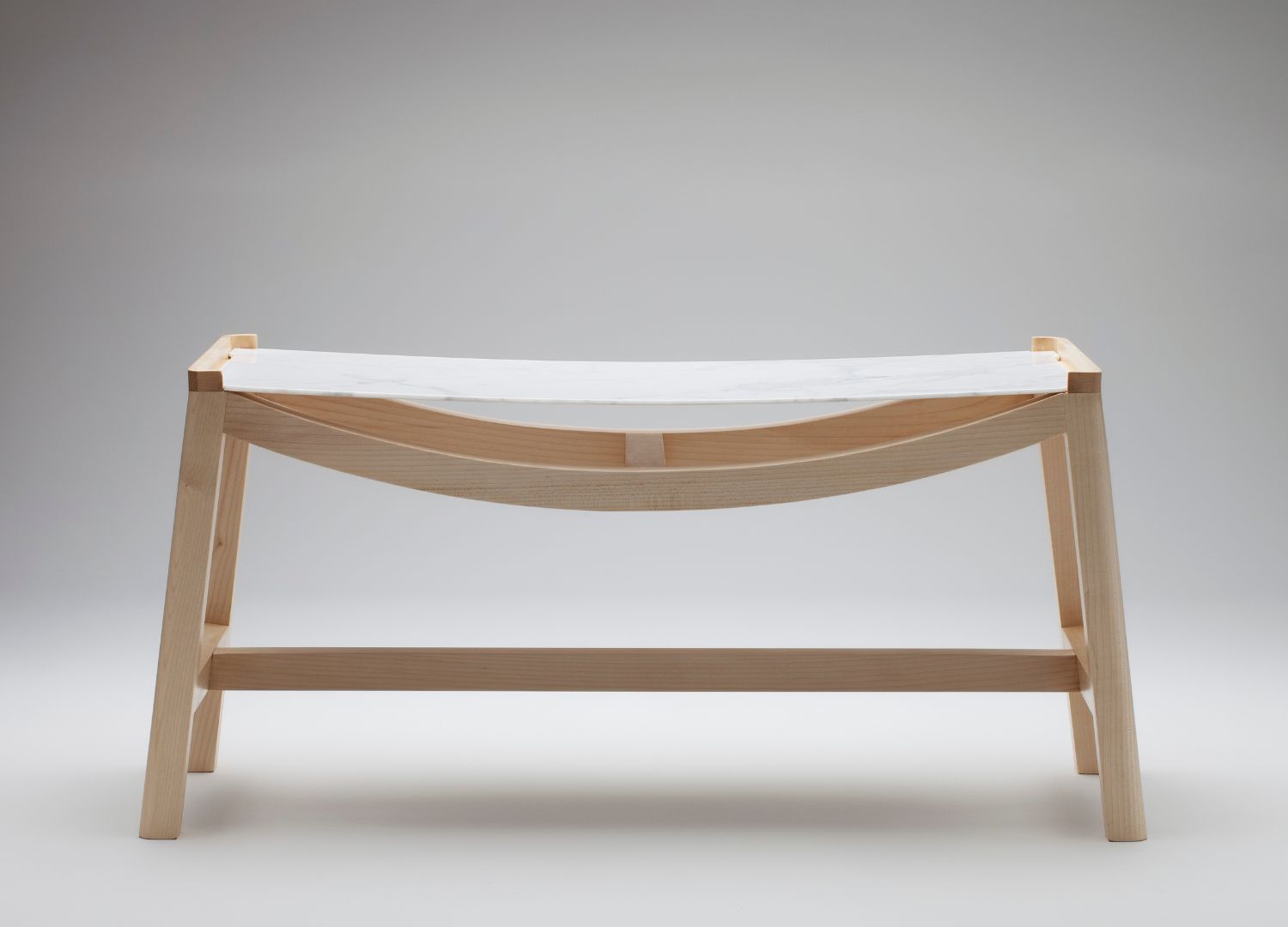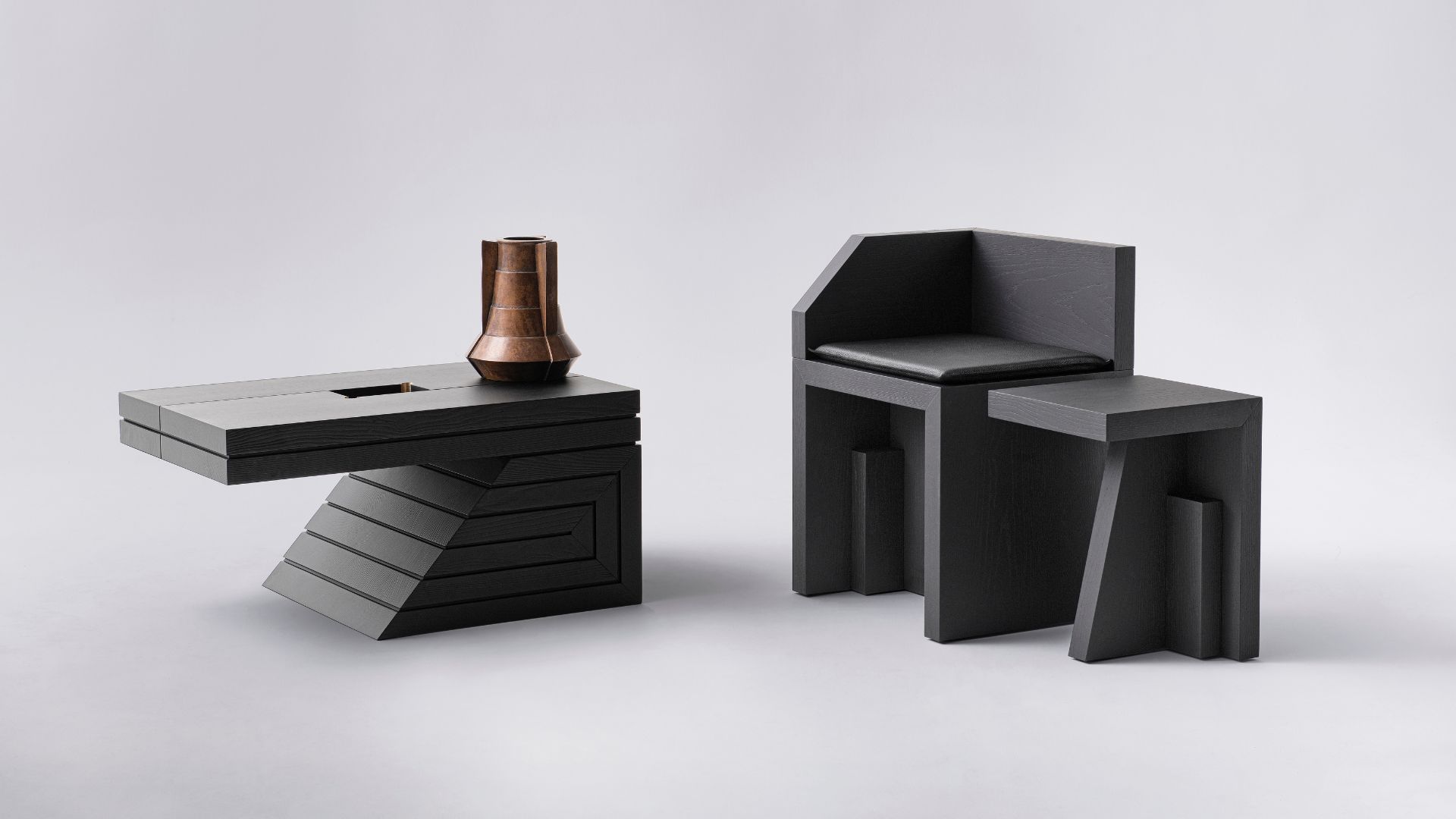How to deal with design companies while staying true to your vision
Lorenzo Damiani is a remarkable designer with a steadfast commitment to his creative principles. Here, we delve into his perspective on managing compromises with clients

Lorenzo Damiani stands as one of my design heroes, a true visionary who can unearth the hidden essence of materials and attitudes, transforming them into design masterpieces. Yet, a question invariably arises: how can one persuade clients to embrace their unique design vision?
Over the course of my career, I’ve observed that designers, often working as consultants, craft concepts that are subsequently handled by companies, which offer suggestions to make the product more marketable or cost-effective. The extent of these suggestions varies, but it’s common to encounter pressure to implement changes that align with the company’s market perception.

This is part and parcel of the design process, but at times, designers need to summon the courage and assertiveness to uphold their vision.
Lorenzo Damiani stands as an exemplar of unwavering dedication to his design philosophy. When you encounter one of his creations, it’s immediately apparent that every element serves a purpose, often in a provocative manner.

I had the opportunity to converse with him a couple of years ago, specifically regarding his IB Rubinetterie faucet design named “OnlyOne.” This unconventional product eliminates traditional knobs, allowing water regulation by manipulating the faucet itself.
The conventional approach for a typical company would have been to retain the faucet’s shape and add knobs. However, in this case, Lorenzo’s vision and the company’s audacity led to genuine innovation in the bathroom tap sector, challenging established norms.

Recently, I reached out to Lorenzo once more to gain insights into what it’s like to collaborate on a new product with him. Exploring why people choose to engage with him and embark on a journey that pushes them beyond their comfort zones is particularly intriguing.
In reality, Lorenzo doesn’t merely conceptualize a new design; he rigorously tests and substantiates the feasibility of his ideas. When I contacted him, he was at a cabinetmaker’s workshop, conducting experiments for an idea he would later present to a client. His approach is grounded in practicality, often validated with physical prototypes.

A prime example is his “Trace” handle designed for Ento, where, to achieve the desired tactile effect, he didn’t rely solely on computer-generated 3D models; he physically molded metal to understand its final shape. By aligning his vision with the metal’s natural tendencies, he crafted a handle with an organic, sinuous movement.
This practical approach lends credibility to his designs. When he presents them, they are more easily understood, emboldening others to explore unconventional and audacious concepts.

Subsequently, a delicate balancing act commences, determining when to yield and finding compromises that retain the core essence of the initial idea while adding value for the client.
In the world of design, exemplified by the unwavering dedication of designers like Lorenzo Damiani, we find that innovation often thrives when visionaries hold true to their creative ideals. It’s a dance between designers, manufacturers, and marketers, where compromise may occasionally enter the stage. Yet, it’s the delicate art of discerning when to yield and when to champion one’s vision that truly distinguishes greatness in this field.

By embracing practicality without sacrificing imagination, designers like Lorenzo blaze a trail towards industry transformation. They craft products that resonate with their distinctive creative spirit while addressing the practical needs of clients and consumers.
It’s in their steadfast commitment and audacity to explore the uncharted that the future of design takes shape, pushing the boundaries of aesthetics and functionality, and charting new horizons that inspire us all.
Cover image: Boboli Collection by Lorenzo Damiani for Pusterla Marmi, Photo Credit Andrea Basile



















